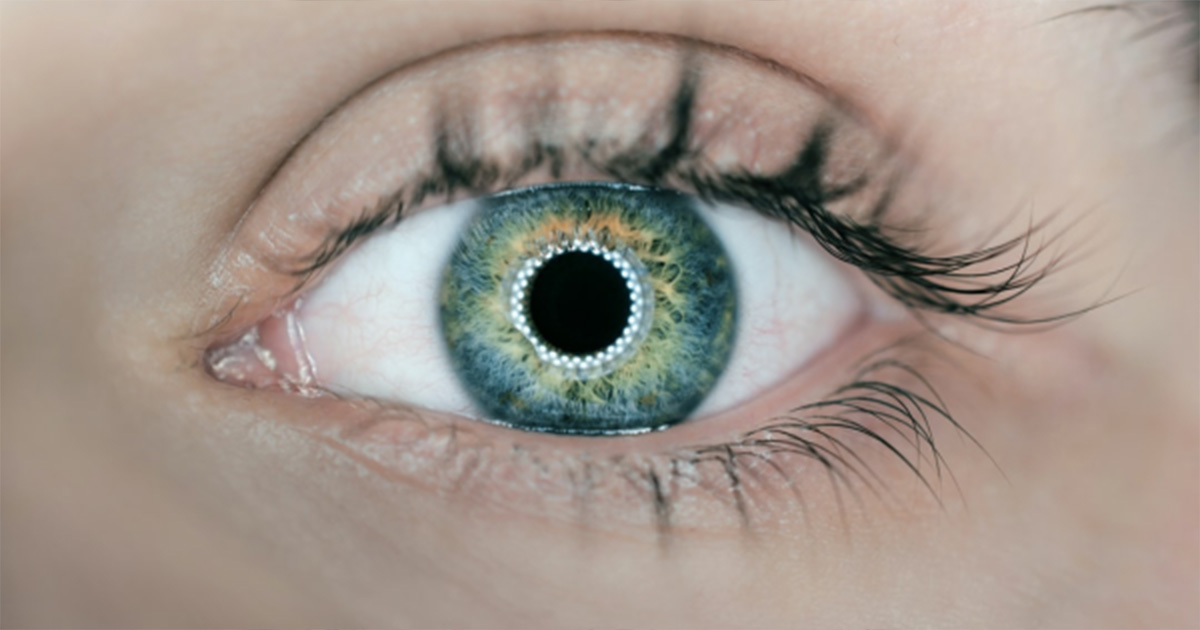If you suffer from seasonal allergies, now is not the time to get complacent. While some allergy sufferers feel the brunt of symptoms during summer, many symptoms persist well into fall. According to WebMD, an overwhelming 75% of those who experience spring and summer allergies also experience fall allergies. Ragweed, mold, and dust mites all have the potential to trigger allergy symptoms.
Some of the most prominent symptoms of allergies are eye allergy symptoms. Learn how to determine if you have eye allergies and what to do about it below.
Is It Allergies?
First, there are some conditions that may mimic the symptoms of eye allergies or ocular allergies. One condition that is most difficult to distinguish from eye allergies is dry eyes. Is it dry eyes or allergies? Note these key differences:
Allergies. If you are suffering from allergies, you can expect itching, burning, watery eyes, red eyes, swelling, under-eye circles, and extreme sensitivity to light. Allergy-related under-eye circles are especially telling. They are such a common symptom of allergies there is even a term to describe them, allergic shiners.
Dry Eyes. There are some signs that are unique to dry eyes. You are likely suffering from dry eyes if you have tired eyes, blurry vision, or feel like something is caught in your eye. As with allergies, you may also experience redness, burning, and photosensitivity.
Another way for patients to tell whether they are dealing with allergies or dry eyes is by paying attention to how their symptoms manifest. If patients present with watery eyes immediately, it much more likely that allergies are the underlying culprit. Patients with dry eyes tend to experience tears or lubrication only after excessive rubbing, if at all.
If you still have doubts, there are eye doctors that can help. Schedule an appointment with your local eye doctor to determine the cause of your pain or discomfort.
The First Step Is Preventative Care
Eye doctors are available when you need them. However, your first line of defense is prevention.
“The key to treating eye allergies is to avoid or limit contact with the substance causing the problem,” The American Academy of Ophthalmology (AAO) writes. It is true that this can be a multi-step process. While it is one of the most effective, it often requires meeting with an allergist for a skin test or blood test to confirm what you are allergic to.
If pollen or ragweed are responsible for your troubles, use the resources available to you. Many weather-based websites and mobile applications regularly post pollen counts. Avoid the outdoors when pollen counts are highest. Another strategy is to make certain you are taking advantage of indoor air conditioning. If you suffer from allergies, do not cool off or circulate air inside your home by opening up the window. Keep windows firmly shut and use air conditioning instead. Replace filters regularly to keep as many allergens and irritants out of the air as possible.
If mold is the culprit, invest in a dehumidifier or cap off the humidity in your home at 30 or 50%. Clean humid areas, like the basement, kitchen, and bathroom thoroughly and frequently.
If dust is to blame for your allergies, use appropriate bedding. Purchase hypoallergenic sheets and pillowcases. Wash bedding, clothes, and linens frequently. Avoid aggravating your allergies while cleaning floors by using a mop or damp rag to trap allergens.
When Preventative Care Isn’t Enough
Sometimes, in spite of our best efforts, we will find ourselves in the offices of eye doctors with red, swollen eyes asking for help. That’s okay. Some cases of allergies are more severe than others.
In fact, treatment depends on the severity of your allergies. Doctors may begin by prescribing artificial tears or decongestants. Artificial tears and eye drop decongestants treat itchy, red eyes directly. Oral decongestants treat the root cause and aim to prevent irritation before it causes palpable symptoms.
For the most severe cases, doctors may suggest immunotherapy shots or corticosteroids. Immunotherapy shots inject a small amount of the allergen into your system to build up a tolerance, much like a vaccine. Patients administer corticosteroids drops directly to their eyes for relief from severe and/or chronic symptoms.
Are you suffering from seasonal allergies? Start with prevention. If that doesn’t work, eye doctors can help!

